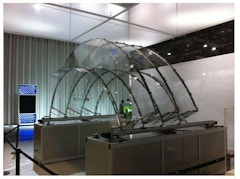
Let Thin Glass in the Facade Move
Facades play an important role in the control of energy flow and energy consumption in buildings as they represent the interface between the outdoor

Facades play an important role in the control of energy flow and energy consumption in buildings as they represent the interface between the outdoor
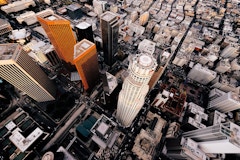
The 2020 World Congress will take place virtually: each Wednesday in August, we will present plenaries and peer-reviewed papers; educational workshops will be held on Thursdays. Access to the poster gallery, networking, and the vExpo will be open throughout both days.

The prominence of climatically responsive building facades through the use of kinetics has proliferated in recent years due to a concern for the
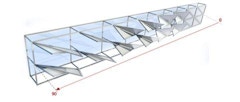
This study focuses on experiments in kinetics and architectural skins. More extensively, it introduces a solution for environmental design issues and
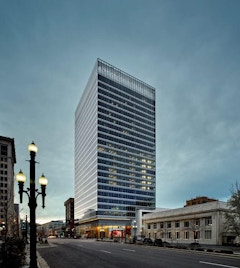
The structural glass storefront facade at 111 Main Street in Salt Lake City lends itself as a case study in accommodating large building
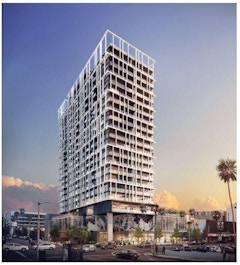
Energy codes across the country are progressively getting stricter and increasing the threshold for a baseline building’s energy performance.

Factory inspection visits are vital, yet they unfortunately have a habit of being overlooked. The factory inspection process during the Building
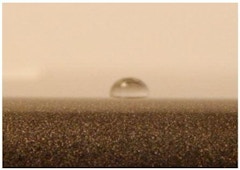
There is no doubting the longevity of stainless steel building facades. The Chrysler Building and numerous buildings that followed have stood the
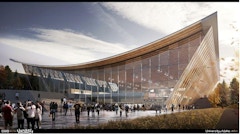
This case study provides an overview of building hybrid curtain wall system and future opportunities for the use of timber. It will also review the

Responsive facade system is considered a major component of high-performance building envelope that is capable of responding to environmental stimuli
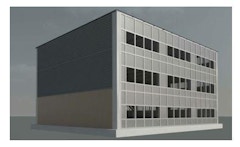
To ensure the safety of U.S diplomatic personnel overseas, the U.S Department of State (DoS) has developed facade retrofits capable of resisting high
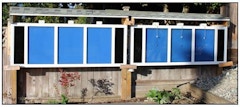
Recent years have seen an increased use of insulated glazing units in spandrel applications to visually blend the appearance between the vision and
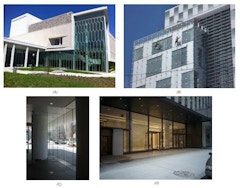
Structural glass is used in a range of building applications, and while the ASTM E1300 has recently been updated to provide a design method to

Glass is a key component in building design. Benefits of utilizing Insulating Glass Units (IGUs) within a building facade are well understood,

The piezoelectric facade as a self-sustained technology can generate a considerable amount of energy by converting swaying motions (actuated by the

Recent years have seen an increase in the use of insulated glazing units (IGUs) in spandrel applications to visually blend the appearance between the
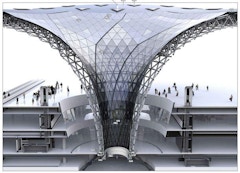
All too often, high-performance building envelopes are considered in terms of new materials and technologies that push specific systems to improve

One of the most complex yet least understood areas where fire can spread is at the perimeter of a building. Fire can not only spread from

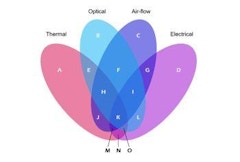
Cost-effective, sustainable, self-actuating, thermally-responsive, bio-composite exo-skins that act like shields or cloaks for existing buildings